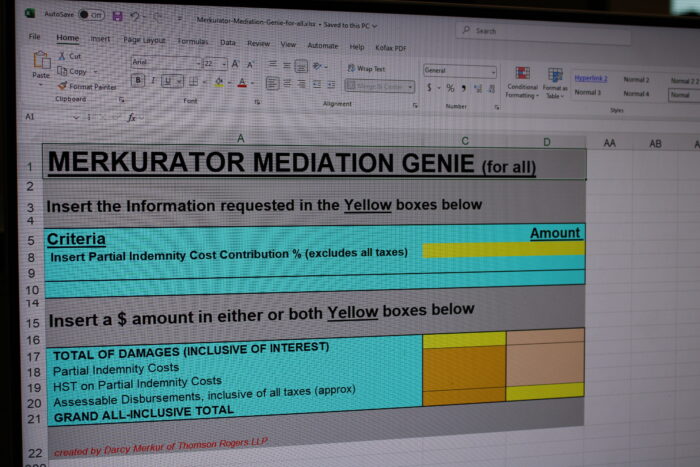Car Accidents And Depression: Can I Sue For A Motor Vehicle Accident’s Effect On My Mental Health?
Author(s): Adam J. Karakolis
May 5, 2025

Car accidents can have a devastating effect on a victim’s mental health. It is possible to claim for an accident’s effect on your mental health, but there are exceptions.
In a personal injury case, a victim can sue for personal injury suffered by them which is caused by the fault of another. Generally, the term personal injury includes psychological injury. Psychological injury can include an accident’s effect on a victim’s mental health.
However, difficulty can arise when psychological injuries are not diagnosed by a professional. The Supreme Court of Canada has distinguished between a psychological disturbance that meets the requirement to qualify as a personal injury as opposed to mere psychological upset. A victim can sue for money to compensate for psychological disturbance that rises to the level of personal injury. However, a victim cannot sue for money to compensate for psychological upset.
What Is Psychological Disturbance That Amounts To Personal Injury?
Personal injury involves serious trauma or illness. A personal injury is something which is serious, prolonged, and more severe than the ordinary annoyances, anxieties, and fears that we expect people in society to accept as part of their everyday lives.
It is easier to prove a psychological disturbance when a health care practitioner, such as a psychologist or psychiatrist, diagnoses a victim with a psychological disorder. For example, psychological disorders include clinical depression, anxiety, or post-traumatic stress disorder. Other psychological disorders relating to motor vehicle accidents include vehicular anxiety, passenger anxiety, pedestrian anxiety, and adjustment disorder.
It is important to clarify that the law does not require a victim to show a recognizable or diagnosed psychiatric illness to sue for money for a personal injury. However, it is much easier to prove a psychological injury if it is recognizable or diagnosed. Victims alleging a non-recognized or non-diagnosed psychological injury can expect opposing counsel to argue that what the victim experiences is a psychological upset, which is not something one can sue for in law.
What Is Psychological Upset That Is Not A Personal Injury?
Psychological upset typically involves a mental state that is less permanent such as upset, disgust, sub‐clinical anxiety, or agitation. As written above, there are certain feelings which are part of living in society that the law expects people to tolerate. Psychological upset alone is not enough to prove a personal injury.
How Do I Know Whether I Am Experiencing Psychological Disturbance Or Psychological Upset?
Unfortunately, the answer to this question is not straightforward. On the one hand, a recognized and diagnosed psychological injury will likely qualify as a psychological disturbance. On the other hand, feeling angry for a few hours after an accident is more likely just psychological upset. An unrecognized and undiagnosed psychological disturbance is a condition that is both prolonged and severe, but lies somewhere in between the previous two examples.
A health care professional can explain whether you are experiencing a recognizable and diagnosed psychological disorder. However, determining whether something is a psychological disturbance is a legal conclusion that either a judge or jury will make at a personal injury trial.
If you are the victim of an accident and are wondering whether the psychological or mental health issues you are experiencing are something which you can sue for, it may be helpful to consult a lawyer. At Thomson Rogers we have spent decades assisting thousands of injured Ontario accident victims. Thomson Rogers offers free consultations so please feel free to reach out to us at any time. We are here to help.
Adam Karakolis is an Associate Lawyer at Thomson Rogers LLP and can be reached at 416-868-3181 or by email.
Share this





